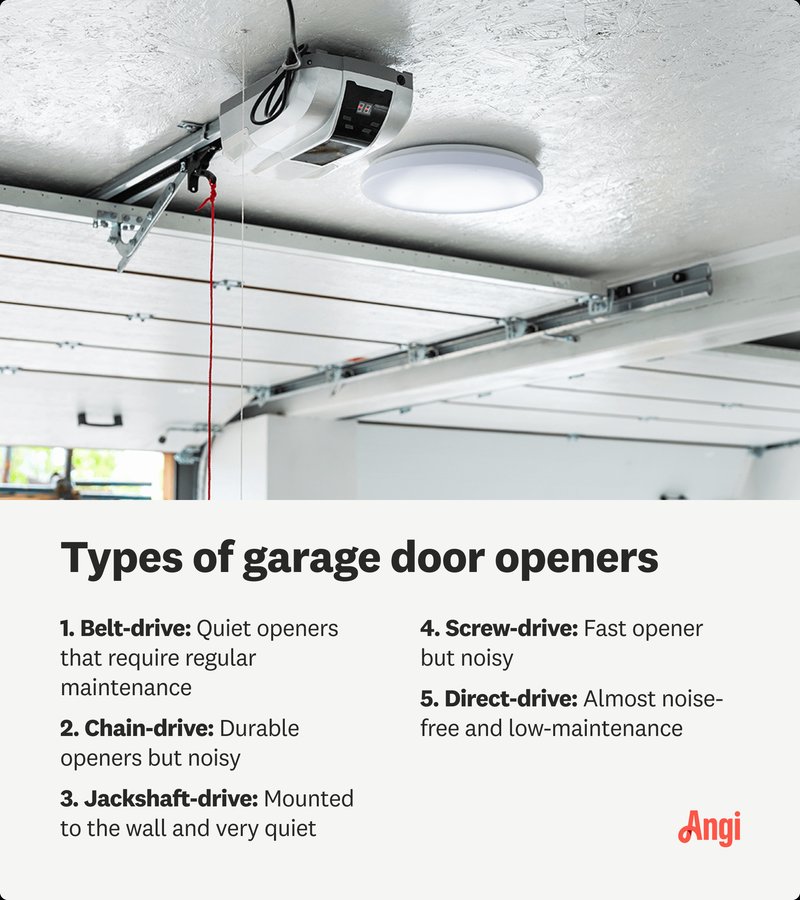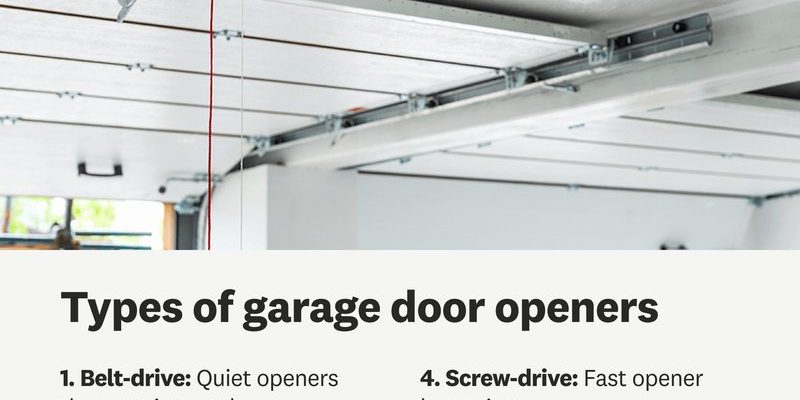
Picture this: you just installed a shiny new opener in your garage, and everything is humming along nicely. But then, a few months down the road, something goes wrong. Maybe your remote stops working, or the motor starts making a strange sound. That’s when you’ll appreciate having a solid team behind you for support and easy access to parts. Brands with strong after-sales service are like a mechanic you can trust—they’re there when you need them, guiding you through troubleshooting, repairs, or even simple maintenance.
So, how do you navigate these important choices? Let’s break it down step by step. By the end of this article, you’ll feel empowered to select a garage door opener that suits your needs and gives you peace of mind for years to come.
Why After-Sales Support Matters
When you buy a garage door opener, it’s not just about the initial purchase. You’re investing in a system that will ideally last for years, and having access to reliable after-sales support is crucial. Companies that offer responsive customer service provide peace of mind. You won’t have to spend hours digging for solutions online or waiting for replies to emails.
Consider this: if your garage door opener malfunctions, having a support team that can walk you through troubleshooting steps can save a lot of hassle. They might help you reset your remote, troubleshoot any syncing issues, or explain how to check the battery. Quick, helpful responses can literally salvage a frustrating day—especially when all you want to do is park your car.
Moreover, brands that focus on after-sales care usually stand by their products. A good warranty can speak volumes about a company’s confidence in what they sell. You’ll want to look for clear guarantees covering parts and labor, should anything go wrong after your purchase.
Evaluating the Availability of Parts
Imagine you’ve got your garage door opener all set up, and a critical part like the motor or remote battery fails. What happens next? If the parts aren’t readily available, you might find yourself stuck, waiting for a replacement to arrive. That’s why evaluating the availability of parts is essential before making your purchase.
Some brands are widely known for having spare parts in stock, making repairs straightforward. You might want to check local retailers or online platforms—if parts like remotes or batteries are easy to find, that’s a major green light. Some companies even have dedicated websites showcasing their parts catalog, which speaks to their reliability and commitment to customers.
On the flip side, if you pick a less popular brand or model, you may find yourself searching high and low for parts, potentially costing you time and money. Before deciding, it’s worth doing a little online research to find out how accessible parts are for the specific model you’re considering.
Understanding Warranty Options
Now, let’s talk about warranties. A *strong warranty* is a key indicator of both quality and customer service focus. Most brands will offer warranties covering various components, but you’ll want to check what’s specifically included, as it can vary significantly.
For instance, a typical warranty may cover:
- The motor and mechanisms for up to 10 years.
- Remote controls and batteries for a shorter period—usually about 1–2 years.
- Other parts like the belt or rail for around 5 years.
Ensure you read the fine print, as warranties often come with conditions. Some may require professional installation to remain valid, while others might specify that only genuine parts can be used in repairs. Knowing these details ahead of time helps you make an informed decision.
The Importance of Brand Reputation
Brand reputation is often a great indicator of future support. Well-established brands that have been in the market for years typically have stronger after-sales service compared to newer companies. Think about it: companies with a long history are likely to have refined their methods, built a loyal customer base, and addressed common issues over time.
You might find it helpful to look up customer reviews and forums for experiences related to support and parts availability. Real users will often share their experiences, whether they struggled to get a remote replacement or had someone available to answer their call within minutes. Personal stories can be enlightening and help you gauge a brand’s reliability before making any commitments.
Universal Remotes vs. Brand-Specific Remotes
You might be wondering whether to opt for a universal remote or go for a specific brand remote for your opener. Universal remotes can be a convenient choice; they allow you to control multiple garage door openers and other devices without needing several remotes. However, compatibility can be a concern. Not every universal remote works with every model, so read compatibility lists closely.
On the other hand, brand-specific remotes are designed to sync seamlessly with your garage door opener. If you run into issues, that same brand’s support team can often provide quicker, more effective help. Ultimately, the choice between a universal or brand remote boils down to your specific needs and preferences.
Common Troubleshooting Scenarios
Even the best garage door openers run into snags sometimes. Here are a few common issues you might face and how the right support can help.
1. Remote Not Working: Sometimes, it’s just a matter of replacing the battery. If that doesn’t work, support can guide you through pairing the remote with the opener again.
2. Door Won’t Close: This might indicate a misalignment or sensor issue. Customer support can walk you through checking for obstructions or aligning the sensors, helping you troubleshoot effectively.
3. No Response from Opener: Here’s where understanding the power source comes in handy. Support can help you check the outlet or reset the device—easy fixes if you know who to ask.
Having a team you can turn to for these hiccups is invaluable. They can show you how to handle issues and help you get back to using your garage in no time.
Cost Considerations: What to Expect
Here’s the reality: quality garage door openers can vary in price, and while it might be tempting to go for the cheapest option, consider that after-sales support and parts availability often justify higher costs. A good rule of thumb is to keep your budget flexible to accommodate brands with better reputations.
Expect to pay:
- Low-end models: $150–$300, typically with limited warranties and support.
- Mid-range models: $300–$500, usually offering decent warranties and availability of parts.
- High-end models: $500 and above, often featuring extensive warranties and excellent customer support.
While it’s possible to save money upfront, investing in a quality opener with dependable support can save you stress (and potentially money) down the line.
How to Find the Right Garage Door Opener
Ultimately, finding the right garage door opener means weighing several factors. Start by listing your priorities: Do you need a quick response to issues? Is easy access to parts non-negotiable? Once you know what’s most important, you can narrow down your options.
Research different brands, read reviews, and don’t hesitate to call customer support before you decide. They can provide insight into their responsiveness and help you feel more comfortable with your choice.
Final Thoughts: Building Your Garage Door Opener Strategy
Choosing a garage door opener isn’t just about the equipment itself; it’s about ensuring you have a solid support system when things go wrong. Whether it’s understanding the ins and outs of your model, having access to parts, or knowing that someone is just a call away, these factors can tremendously enhance your experience.
Save your time and stress by focusing on brands known for excellent after-sales support. By taking this approach, you’ll not only enjoy a smoother experience but also build a strategy that keeps your garage door functioning properly for years to come.
Ready to dive into your options? With the right guidance and information, you can make a decision that works best for you. Happy door opening!
